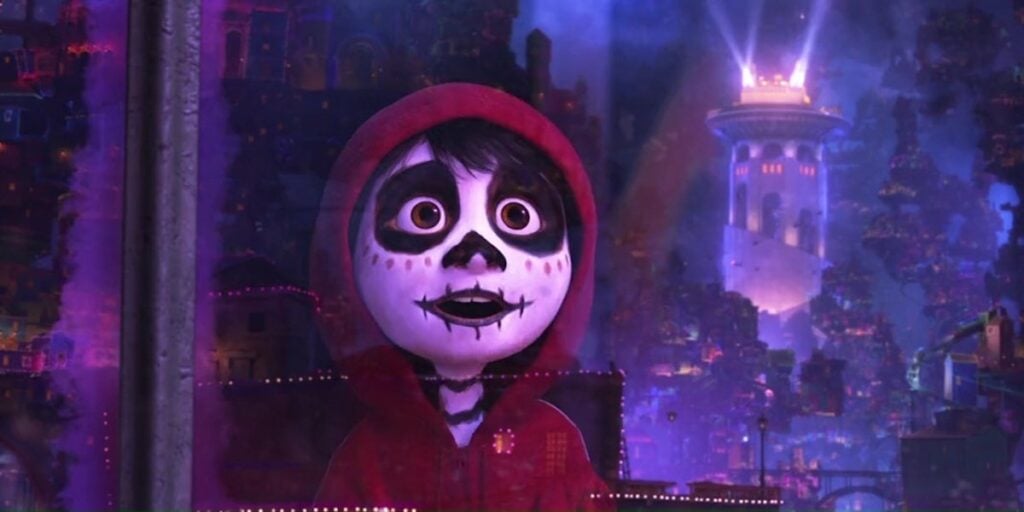Dia de los Muertos, or The Day of the Dead, is a holiday that is traditionally celebrated in November. The celebration originally came from Mexico, where it was primarily observed but has also been practiced in places where Mexican heritage can be found. This holiday reunited the living and the dead, with families giving offerings to honor their dearly departed. But did you know, before the Disney film Coco came out, the company tried to trademark the phrase?
In 2013, Disney attempted to quietly trademark the phrase “Dia de los Muertos.” At the time, the film “Coco” was in the works. They only renamed the film to Coco when the Mexican community found out about their plan and took it to social media.
Can You Trademark the Name of a Holiday?
One thing is for sure, Disney attempted to but failed. On May 1, 2013, Disney filed an application to the US Patent and Trademark Office to secure the phrase Dia de los Muertos or Day of the Dead across several platforms. At the time, Pixar, Disney’s subsidiary, was releasing a film they intended to call with the phrase. The entertainment giant dropped the bid following several angry online protests. When the Mexican-American community found out, the critics took to social media. (Source: CNN)
Why Did Disney Want to Trademark the Phrase?
In their trademark application, Disney intended to acquire exclusive rights for several goods that included; fruit-based snacks, Christmas-tree ornaments and decorations, decorative magnets, non-medicated toiletries, frozen meals, food, toys, games, clothing, footwear, bags, clocks, jewelry, and educational and entertainment purposes.
On the offensiveness scale, it seems awful and crass, as the words ‘Dia de Los Muertos’ aren’t just some brand name but a holiday.
Lalo Alcaraz, Cartoonist of La Cucaracha
In short, it was all for profit. Naturally, the community that actively celebrates this festival found it distasteful. (Source: The Guardian)
Shortly after, a petition was started on Change.org to stop Disney from doing so. Stating that the attempt to trademark the holiday was cultural appropriation and exploitation at its worst. Within three days, the petition had more than 21,000 signatures.
Our spiritual traditions are for everyone, not for companies like Walt Disney to trademark and exploit. I am deeply offended and dismayed that a family-oriented company like Walt Disney would seek to own the rights to something that is the rightful heritage of the people of Mexico.
Grace Sesma, the Creator of the Petition
The Day of the Dead was entered on The United Nations Educational, Scientific, and Cultural Organization (UNESCO) list of Masterpieces of Oral and Intangible Heritage of Humanity in 2003.
The Indigenous Festivity dedicated to the Dead are deeply rooted in the cultural life of the indigenous peoples of Mexico.
UNESCO
After the negative feedback, Disney withdrew their application within the week. Although, they did not comment on whether the negative feedback directly led to the decision to do so.
The trademark intended to protect any potential title of the movie or related activity. Since then, it has been determined that the title of the film will change, and therefore we are withdrawing our application for trademark registration.
Spokeswoman from Disney
Disney eventually changed the title of the film to Coco. (Source: CNN)
What is Dia de los Muertos All About?
The Dia de los Muertos, or The Day of the Dead festival, originated from Mexico. During this holiday, families welcome back the souls of their ancestors for a short reunion. They offer food, drink and have a celebration.
The festival is said to be of a mesoamerican ritual, where European religion and Spanish culture fuse. It is celebrated every year from October 31 up until November 2. According to tradition, the gates of heaven open from midnight on Hallow’s eve. The spirits of children come down from heaven to rejoin their families for 24 hours. Whereas the adults do the same by November 2. (Source: History)
